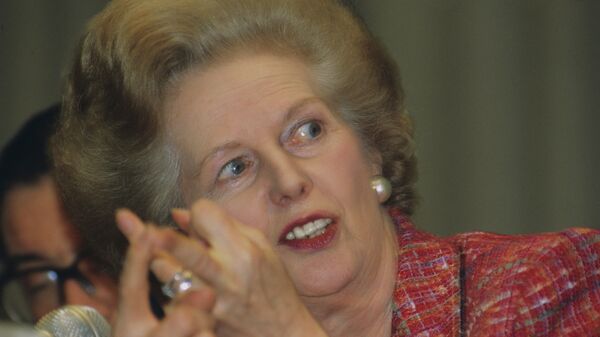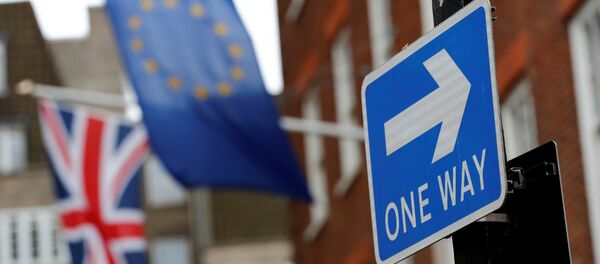Margaret Thatcher was Britain's first female Prime Minister, and the longest serving British PM of the 20th century, residing in 10 Downing Street for eleven and a half years between 1979-90.
So you'd think she'd be a pretty good choice to illustrate the new polymer design £50 notes, wouldn't you?
Think again. So many of the UK's current problems can be traced back to the neoliberal ‘reforms' introduced by ‘The Iron Lady'. No one disputes Thatcher was a historic figure, and that politically she possessed plenty of courage, but the direction she took her country in was the wrong one.
The mixed economy model which served ordinary people so well in the years 1945-79 was dismantled. Thatcher permitted building societies to ‘de-mutualise' and deregulated the financial services sector. Vast fortunes were made by merchant bankers and assorted spivs in the City, while manufacturing industry went to the wall.
READ MORE: Our Oath Should Be to the People Not the Queen — Abolish the Monarchy
Unemployment shot up. Millions were forced on to welfare. North Sea Oil revenues were squandered on paying people not to work. The gap between rich and poor, which had been reduced to an all-time historical low in Britain in the late 1970s, started to go in the opposite direction again. The sale of council houses created a homelessness crisis. And we want to commemorate the politician who was responsible for all this?
Harold Wilson's career stands in stark contrast to Thatcher's. But the pipe-puffing Yorkshireman gets nowhere near the credit he deserves, because his reforms, enacted when he led the country from 1964-70 and again from 1974-6, helped the majority and not the very rich.
While Thatcher privatised, Wilson extended public ownership. His government set up the National Bus Company, the British Steel Corporation and the National Freight Corporation.
Important ‘equality' legislation was passed. It included the Sex Discrimination Act, the Equal Pay Act and the ground-breaking 1965 Race Relations Act. Educational opportunities were greatly expanded, with the crowning achievement being the setting up of the public distance-learning Open University. Over two million people have studied on its courses since 1969. There was a expansion too of the public library service. Historic England report that by 1970 Great Britain had 2,395 full-time public libraries, 8,262 part-time service points and 540 mobile vans which held a hundred million volumes.
In the 1960s and 70s, when Harold Wilson was the dominant political figure, living standards for ordinary Britons rose faster than at any other time in history.
Economically Wilson left the country in much better shape than Thatcher. In 1969-70 his government recorded a record balance of payments surplus of £550m, and there was also a budget surplus of £600m. GNP grew by over 6% between the middle of 1967 and the end of 1969.
From 1974-6, Wilson steadied the ship after the oil price shock of 1973.
READ MORE: War of Words: Corbyn, May Lock Horns Over UK Austerity during PMQs
The Labour leader achieved all this, remember, without the benefits of North Sea Oil, which Thatcher squandered. On foreign policy too, Wilson did better than his successors. He kept Britain out of the Vietnam War. He pursued détente with the Soviet Union.
When it comes to answering the question: Who did the best for Britain: Wilson or Thatcher?, it really is a 'no-brainer'. So if we are to commemorate a politician, let's start a campaign to get Harold on the £50 note!
Follow Neil Clark @NeilClark66 and @MightyMagyar
Support his AntiStalker Crowdfund
The views and opinions expressed in this article are solely those of the author and do not necessarily reflect those of Sputnik.




